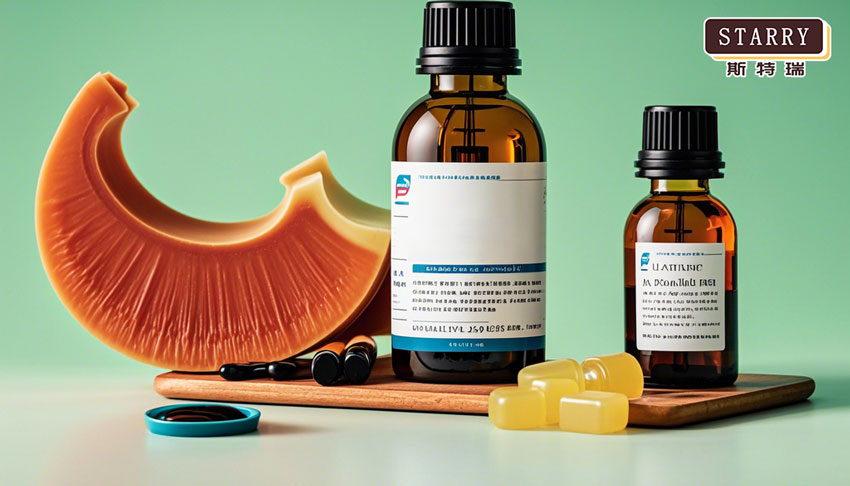Toluene is a typical organic solvent, it plays a significant role in rubber production. Following up, we will discuss the key functionalities of toluene in rubber manufacturing.
Firstly, toluene can function as a solvent for rubber materials. With its superior solubility and volatility, it can effectively dissolve and solidify various components within the rubber, thereby improving the plasticity and machinability of the rubber material.
Secondly, toluene can also serve as an aging agent for rubber. During the production of rubber, by adding a certain quantity of toluene, the rubber material can undergo an aging reaction, thereby enhancing the physical properties and anti-aging capabilities of the rubber. Rubber that has undergone aging is more durable and has a longer lifespan.

Moreover, toluene can also act as a swelling agent for rubber. In the processing of rubber, by adding an appropriate amount of toluene, the rubber material can expand, relatively decreasing the viscosity and stickiness of the rubber, facilitating better processing and molding techniques.
Lastly, due to the antimicrobial and antioxidant characteristics of toluene, it can be used to elevate the quality of rubber, extending the lifespan of the rubber products.
In summary, toluene plays multiple roles in the manufacturing of rubber, including serving as a solvent, an aging agent, a swelling agent, and a modifier. It not only enhances the plasticity and machinability of rubber materials, but also improves the physical properties and anti-aging capabilities of rubber, thus making rubber products more durable, stable, and safe.



